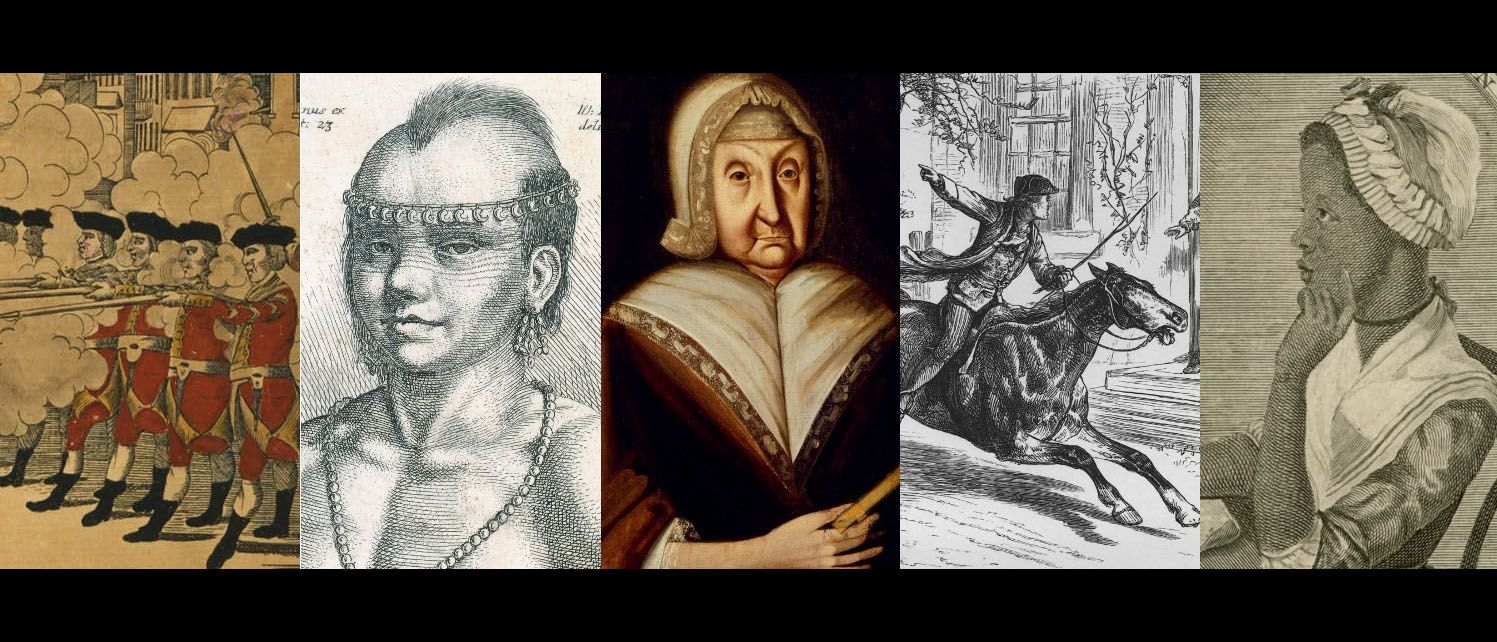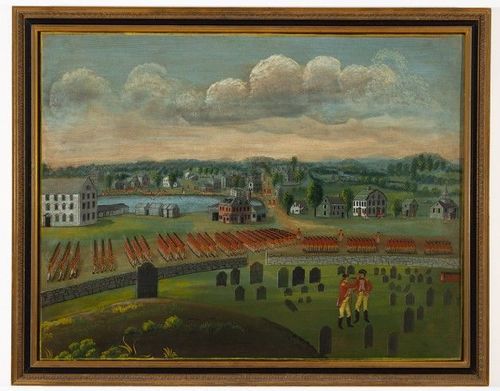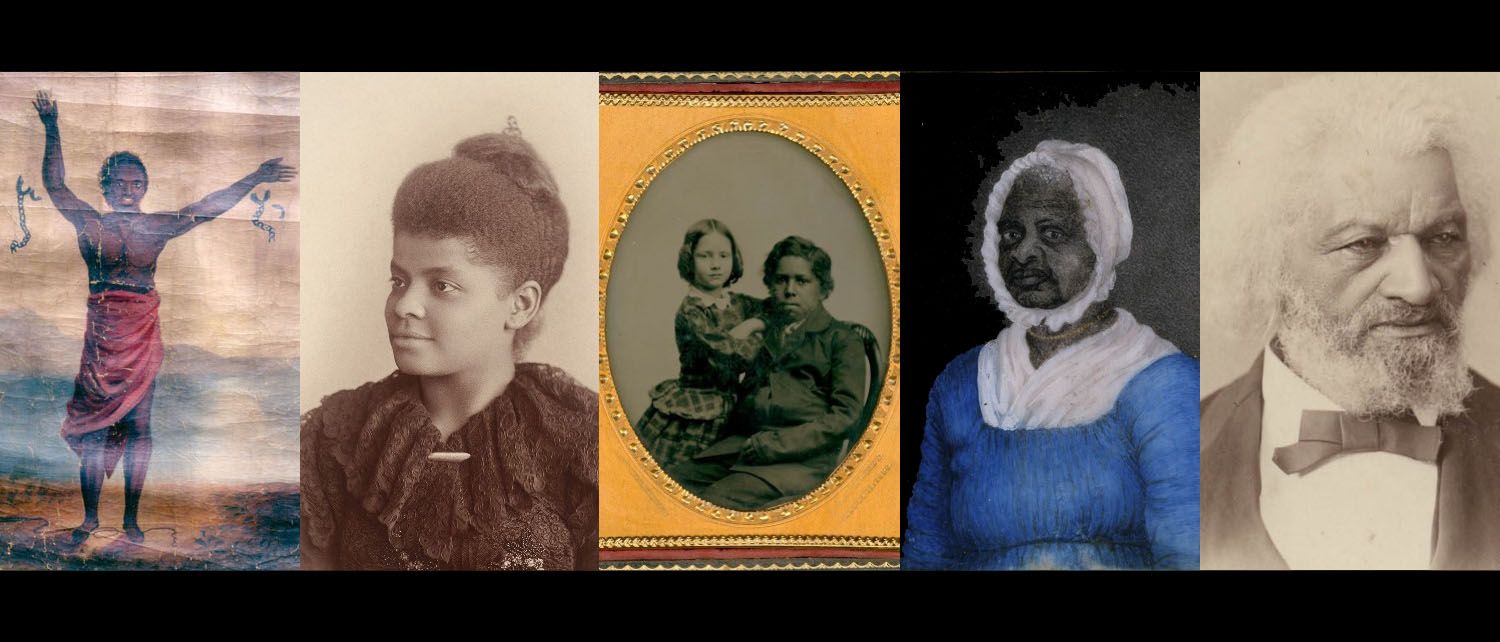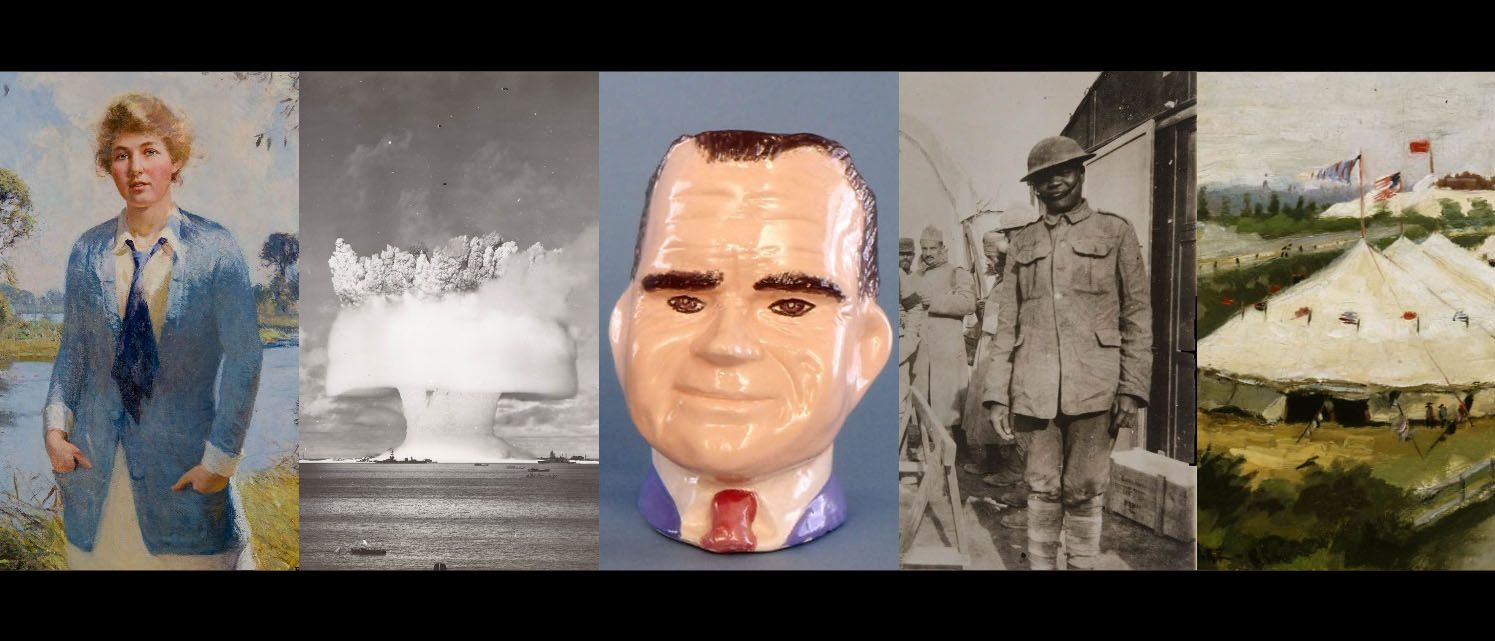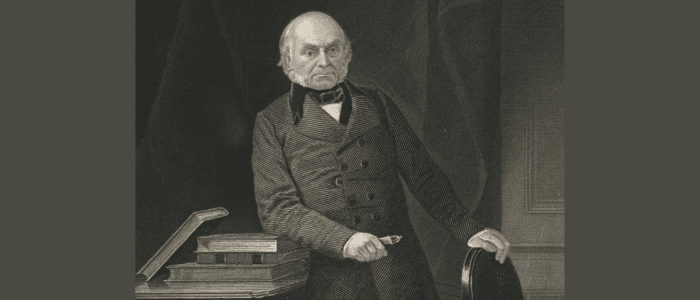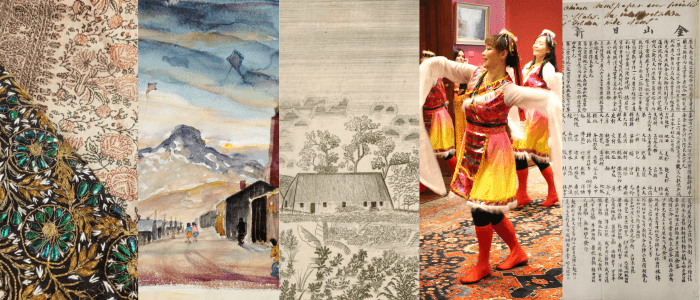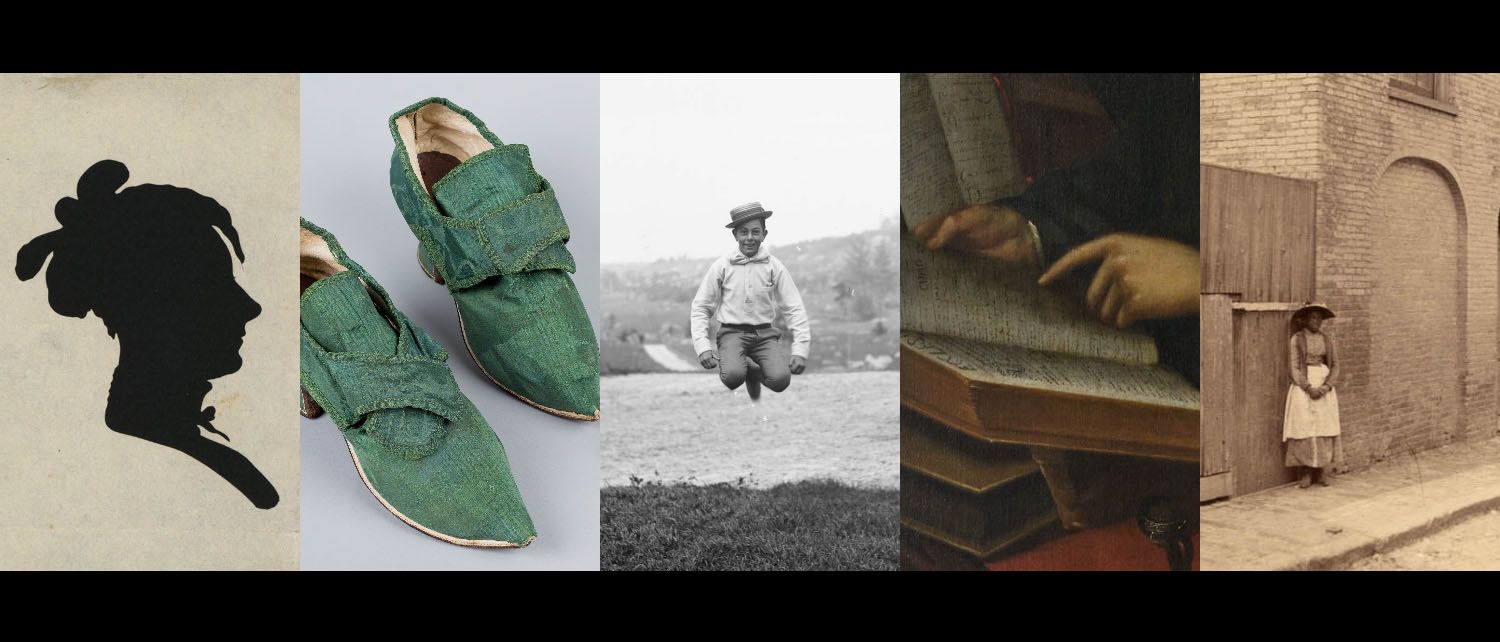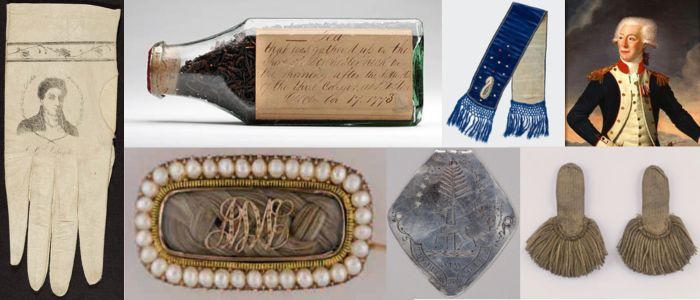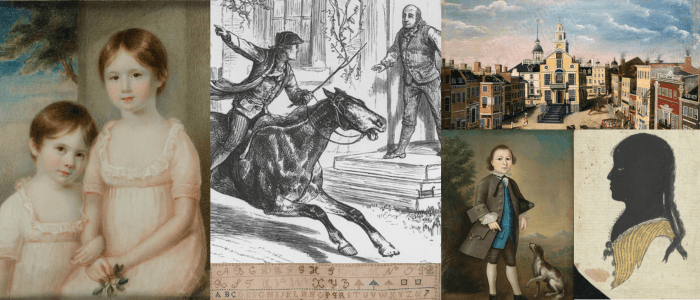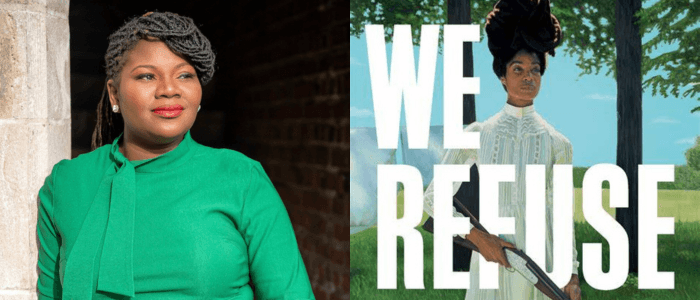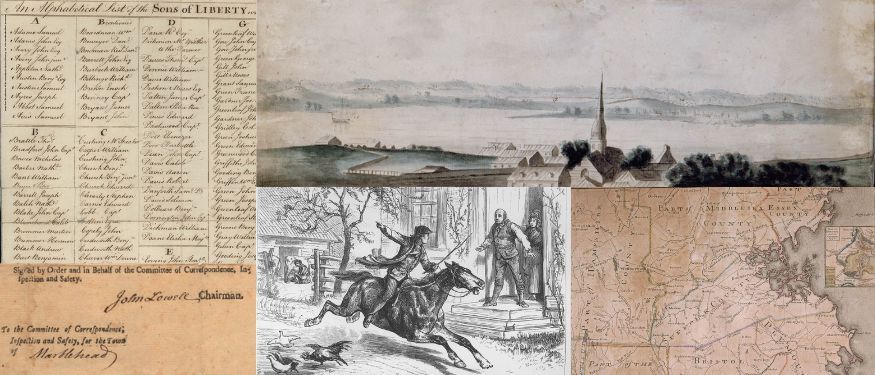Event
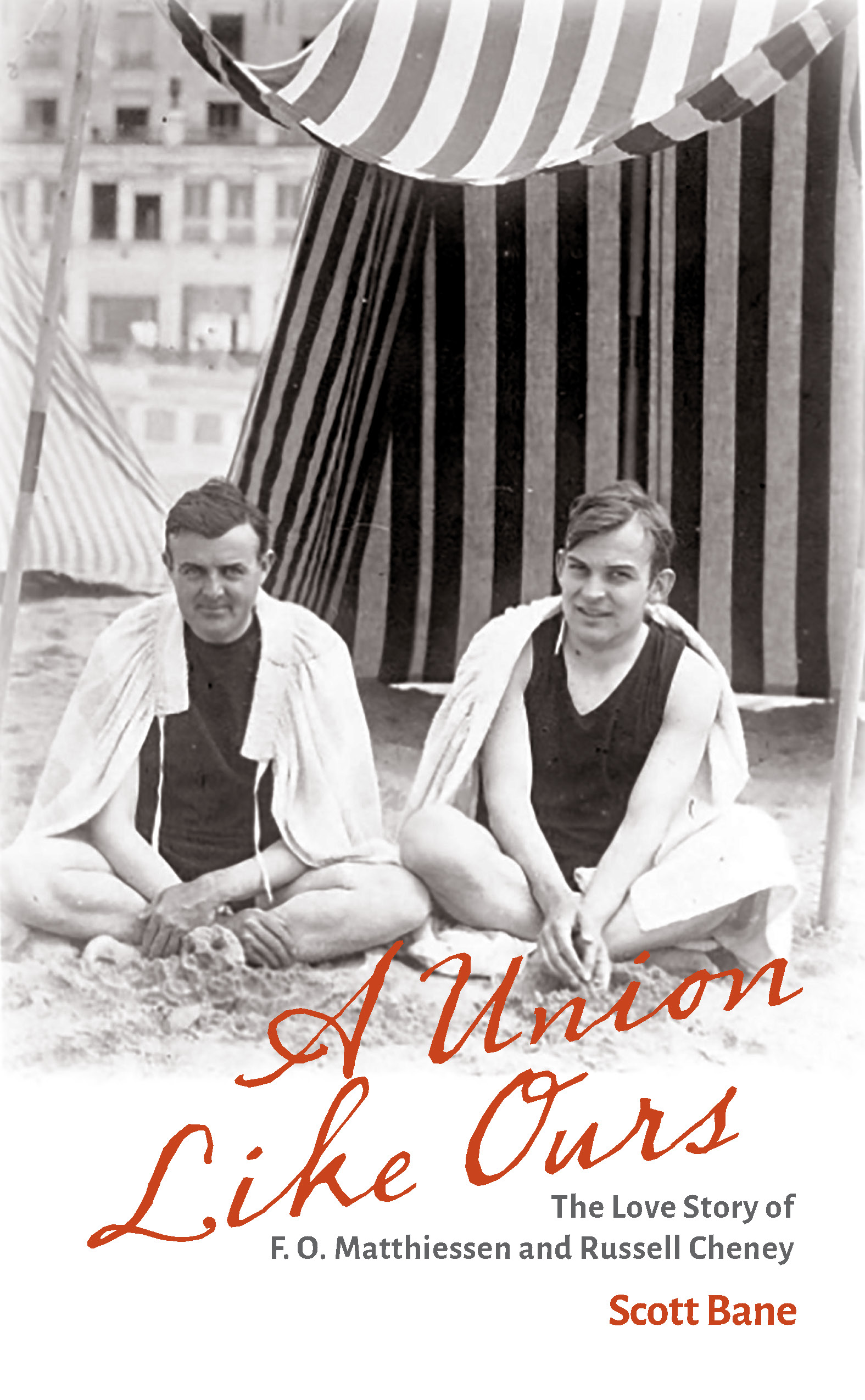
A Union Like Ours: The Love Story of F. O. Matthiessen and Russell Cheney
Scott Bane, John A. Hartford Foundation
This is a hybrid event. In person, $10 per person fee, no charge for MHS Members, EBT Cardholders, or virtual guests. The in-person reception starts at 5:30 and the program will begin at 6:00.
After a chance meeting aboard the ocean liner Paris in 1924, Harvard University scholar and activist F. O. Matthiessen and artist Russell Cheney fell in love and remained inseparable until Cheney’s death in 1945. Situating the couple’s private correspondence alongside other sources, Scott Bane tells the remarkable story of their relationship in the context of shifting social dynamics in the United States. From the vantage point of the present day, with marriage equality enacted into law, Bane provides a window into the realities faced by same-sex couples in the early twentieth century, as they maintained relationships in the face of overt discrimination and the absence of legal protections.
Hybrid Event
The in-person reception starts at 5:30 and the program will begin at 6:00.
Masks are required inside the MHS building. Learn more about our COVID-19 protocols.
The virtual program begins at 6:00 PM and will be hosted on the video conference platform, Zoom. Registrants will receive a confirmation message with attendance information.
